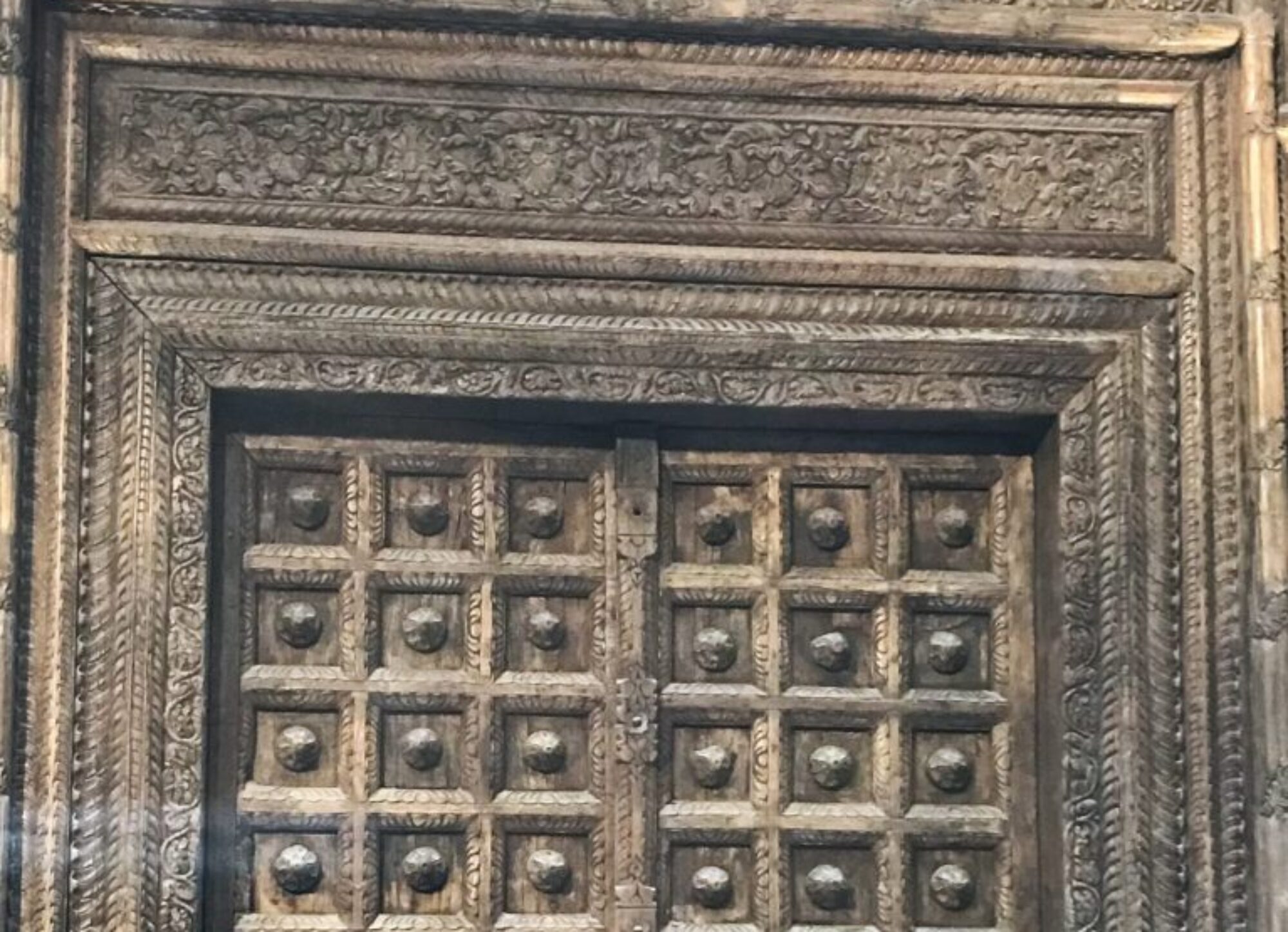News of the impending visit of a VVIP to Manipur caused a flurry of activity in Imphal in early 1979. A communication from Delhi specified that the VVIP, known for his idiosyncrasies, needed to have fresh milk of a black goat every morning. This caused great consternation among government officials because in those days there were no goats in Manipur — black, white or of any other colour. So, a week before the visit, a police officer was despatched to Guwahati with a 5-tonne truck to buy a goat. Within three days, he returned with a fine milch goat of the specified colour. The animal was handed over to Raj Bhavan staff to feed and to milk.
As scheduled, the VVIP arrived in Manipur and stayed at Raj Bhavan for a couple of days, and presumably enjoyed the goat’s milk for breakfast. The state government spared no effort to make the visit a memorable one; and it passed off uneventfully to the collective sigh of relief of all officers responsible for the arrangements. After the VVIP left, the officers who had toiled decided to celebrate with a grand dinner. Many who were present remembered that banquet for months afterwards, especially the delicious mutton curry. Some even called the feast the ‘greatest of all time’.
The VVIP visit saga would have ended with that dinner, but that was not to be. The police officer who had bought the goat claimed reimbursement of the amount that he had spent. This led to a veritable war among different government departments. The District Magistrate’s office said it had no budgetary allocation for the purchase of a goat. The Animal Husbandry Department declared that it could do the needful, provided the purchase was shown to be that of a pig or a cow. The Protocol Department refused to approve the purchase in the absence of three quotations. The Governor’s Secretariat distanced itself from the matter, observing that it had never placed an order for a goat. The Finance Department said since prior approval had not been sought, reimbursement of expenditure was not admissible.
Ultimately, it was decided that the officer should take the goat back to Guwahati, 500 km away. So, the police officer went to Raj Bhavan to fetch the animal. But the goat was missing! Someone recalled that it was last seen on the day that the officers had the celebratory party. But it had not been seen after that day. In fact, no one ever saw it again.
Published in The Tribune – February 23, 2023
